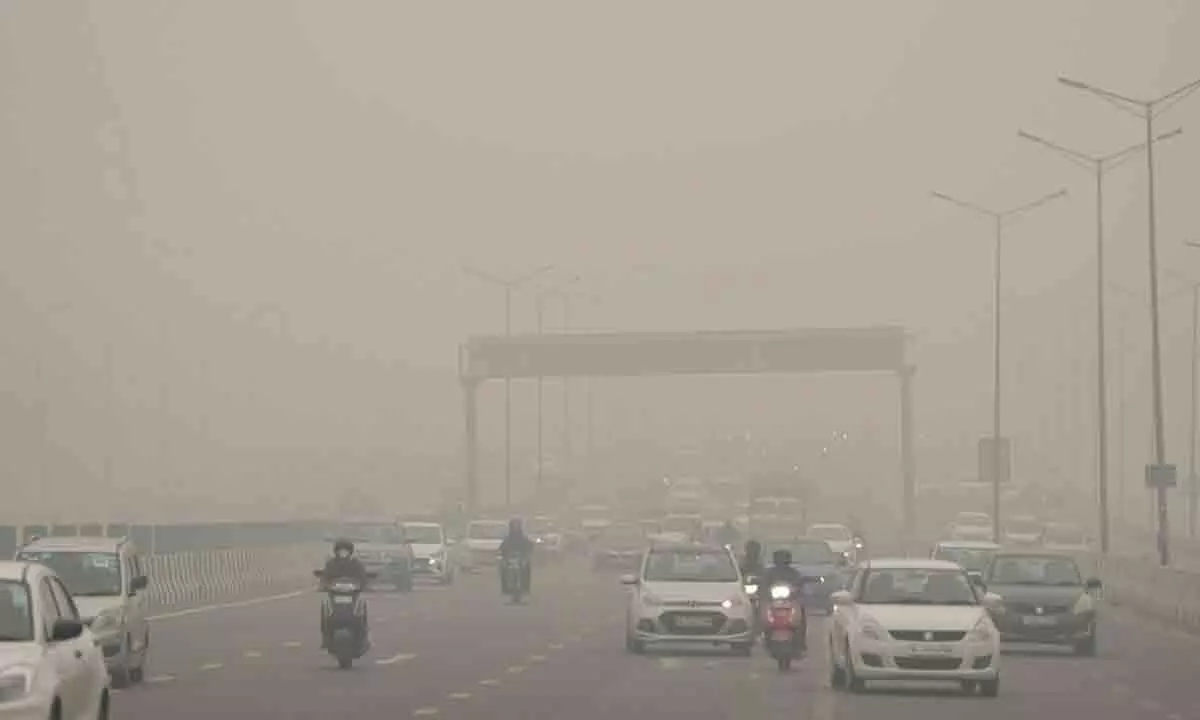Live
- BJP questions Kejriwal on 21,000 deaths in Delhi due to contaminated water
- CM Revanth Reddy Inspects Progress of Telangana Mother Statue Installation
- ‘It’s Congress habit to spread lies’, says Vinod Tawde after sending legal notice to Kharge, Rahul
- Hungarian PM invites Netanyahu for visit, calls ICC warrants 'brazen and cynical'
- Lt Gen Suchindra Kumar reviews indigenously developed ‘Asmi’ machine pistols
- Who is AP's Next CM: Chandrababu Naidu Makes Key Comments in Assembly
- Engineering goods exports shoot past $10 bn in Oct, US & EU top markets
- India’s foreign exchange reserves stand at $657.89 billion
- ‘Thandel’ kickstarts musical journey with ‘Bujji Thalli;’ win hearts
- Kerala Actress Withdraws Sexual Abuse Allegations Against Industry Figures, Cites Government Negligence









